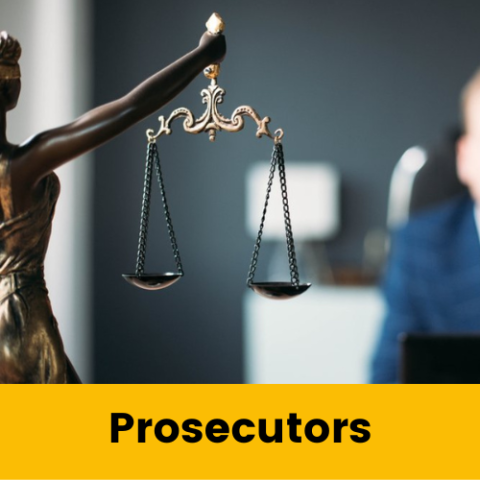Established in 1935, the State Bar of Michigan is the mandatory bar organization governed by the Michigan Supreme Court Rules. According to these rules, the State Bar of Michigan should always support and improve the justice system's efficiency, law, rules, and jurisprudence, the independence, professionalism, public service, and competence of the bench and bar, access to justice for all, public understanding of the system and profession, openness of the legal profession, and the position of the State Bar of Michigan as the representative of the profession. Additionally, the State Bar of Michigan favors continuing legal education through the Institute of Continuing Legal Education founded in 1959 with the cooperation of the University of Michigan Law School and Wayne State University Law School.
State Bar of Michigan
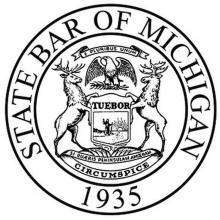
306 Townsend Street
Lansing, Michigan 48933
|
March 15, 2022
Authority: State Bar of Michigan |
|
|
May 15, 2022
Authority: State Bar of Michigan |
|
|
November 15, 2019
Authority: State Bar of Michigan |
|
|
September 17, 2022
Authority: State Bar of Michigan |
|
|
May 1, 2024
Employer: Barry County Prosecuting Attorney
Authority: State Bar of Michigan |
|
|
January 12, 2023
Employer: Barry County Prosecuting Attorney
Authority: State Bar of Michigan |
|
|
September 3, 2021
Attorney Misconduct, Bias, Failure to Disclose Brady/Giglio Material, Judicial Proceedings, Obstruction of Justice
Employer: Jackson County Prosecuting Attorney
Authority: State Bar of Michigan |
|
|
March 11, 2021
Employer: Jackson County Prosecuting Attorney
Authority: State Bar of Michigan |
|
|
May 17, 2022
Authority: State Bar of Michigan |
|
|
July 18, 2022
Coercive Plea Bargaining, Failure to Disclose Brady/Giglio Material, Overcharging, Suborning Perjury, Whistleblower Retaliation, Witness Tampering
Employer: Saginaw County Prosecuting Attorney
Authority: State Bar of Michigan |
State Bar of Michigan is not in compliance with the nationwide, public-facing, platform of record: The Brady List; or:
- Supreme Court of the United States [SCOTUS] Brady doctrine (1963);
- US Freedom of Information Act (1967);
- State Sunshine Law (see, below);
- Open Government Act (2007);
- Open Government Initiative (2009); and,
- Open Government Directives (2009) issued by the United States Department of Justice.
Prosecutors have ethical obligations and may be held individually accountable for their conduct within the legal system. Prosecutors contribute to just and honorable legal profession and a legal system that promotes fairness and accountability.
- R.P.C. 3.4: Fairness to Opposing Party & Counsel
- R.P.C. 3.8: Special Responsibilities of the Prosecutor
- R.P.C. 8.3: Reporting Professional Misconduct
Violations of these rules can result in disciplinary actions which may include sanctions, suspension, or disbarment.
This information has been curated by journalists and private citizens; and, this platform is available as-a-service to all Peace Officer Standards & Training [POST] Departments, Prosecutors, and Law Enforcement Organizations [LEOrgs].


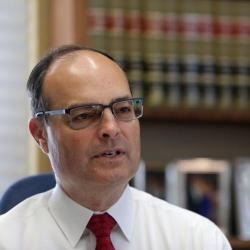
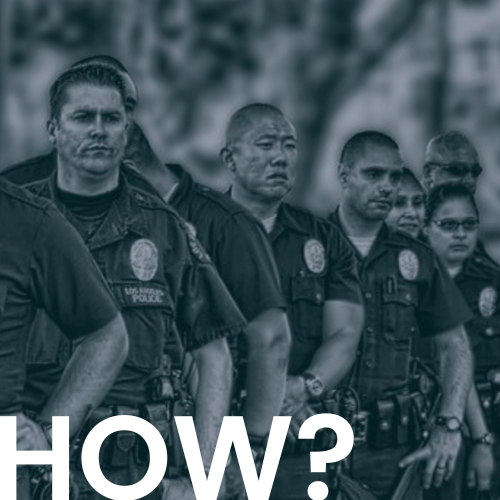
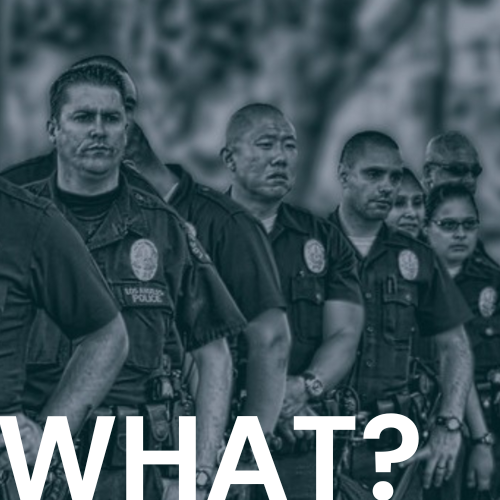
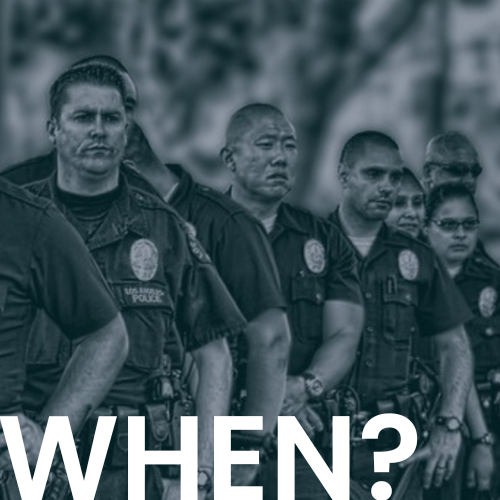
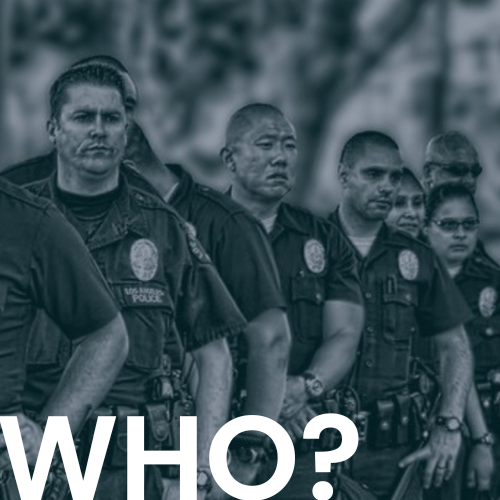
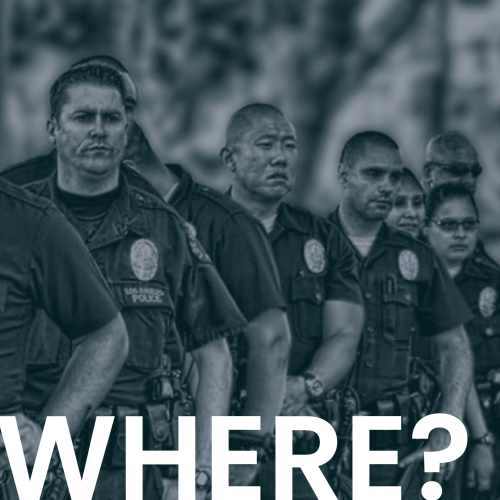
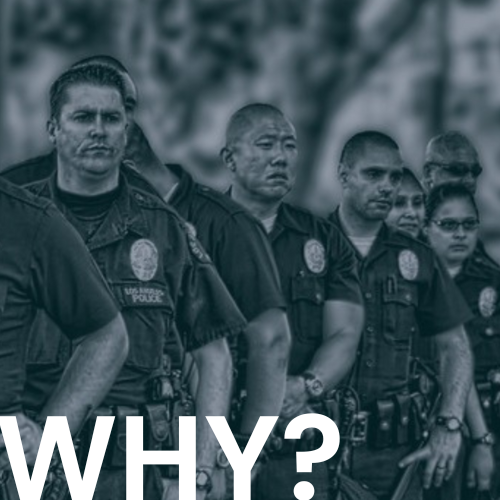
![Peace Officer Standards & Training [POST] Departments Peace Officer Standards & Training [POST] Departments](/sites/default/files/styles/large/public/2023-07/Brady.png?itok=xsIFvU8R)
![Organizations [Law Enforcement et al.] Organizations [Law Enforcement et al.]](/sites/default/files/styles/large/public/2023-07/Brady%20%282%29.png?itok=H7Pj15F8)

